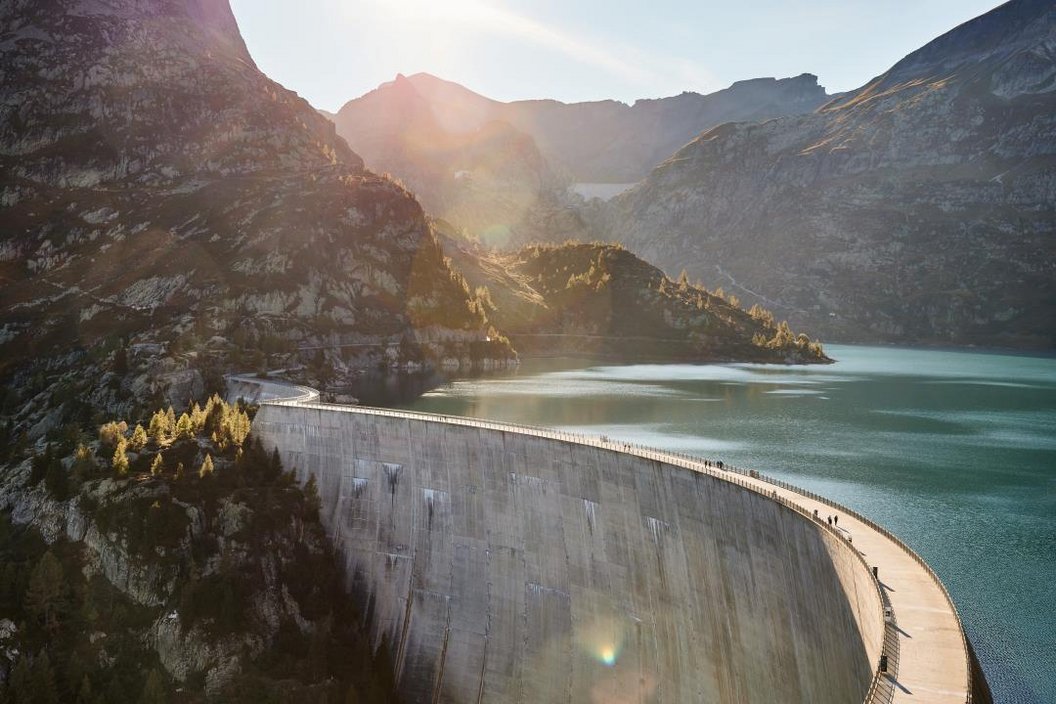
Media release

We will strive to fulfil our purpose by adhering closely to the values that distinguish us. This means acting with empathy and honesty, cherishing integrity, and trusting and celebrating our diversity. It means collaborating closely, learning and growing together, and taking collective ownership and responsibility. It means challenging the status quo and showing creativity as we focus on achieving lasting and positive outcomes.

Alpiq’s purpose is to contribute to a better climate and an improved security of supply. These two goals create a field of tension and can be in opposition to each other. Our core business is the generation of electricity, which is needed to improve security of supply. This is associated with an impact on nature and the environment and causes direct and indirect greenhouse gas emissions. What best contributes to security of supply is not always what is best for our planet.
However, we do not see this as an either-or question. It is our duty to seek solutions that maximise our potential to achieve both our goals – security of supply and environmental consideration. We don't have all the answers, but we are on the way to finding them by tackling challenges head-on, making bold decisions and working closely with our stakeholders in society – customers, partners, investors, communities and environmental organisations – as well as with other companies, industries and countries.